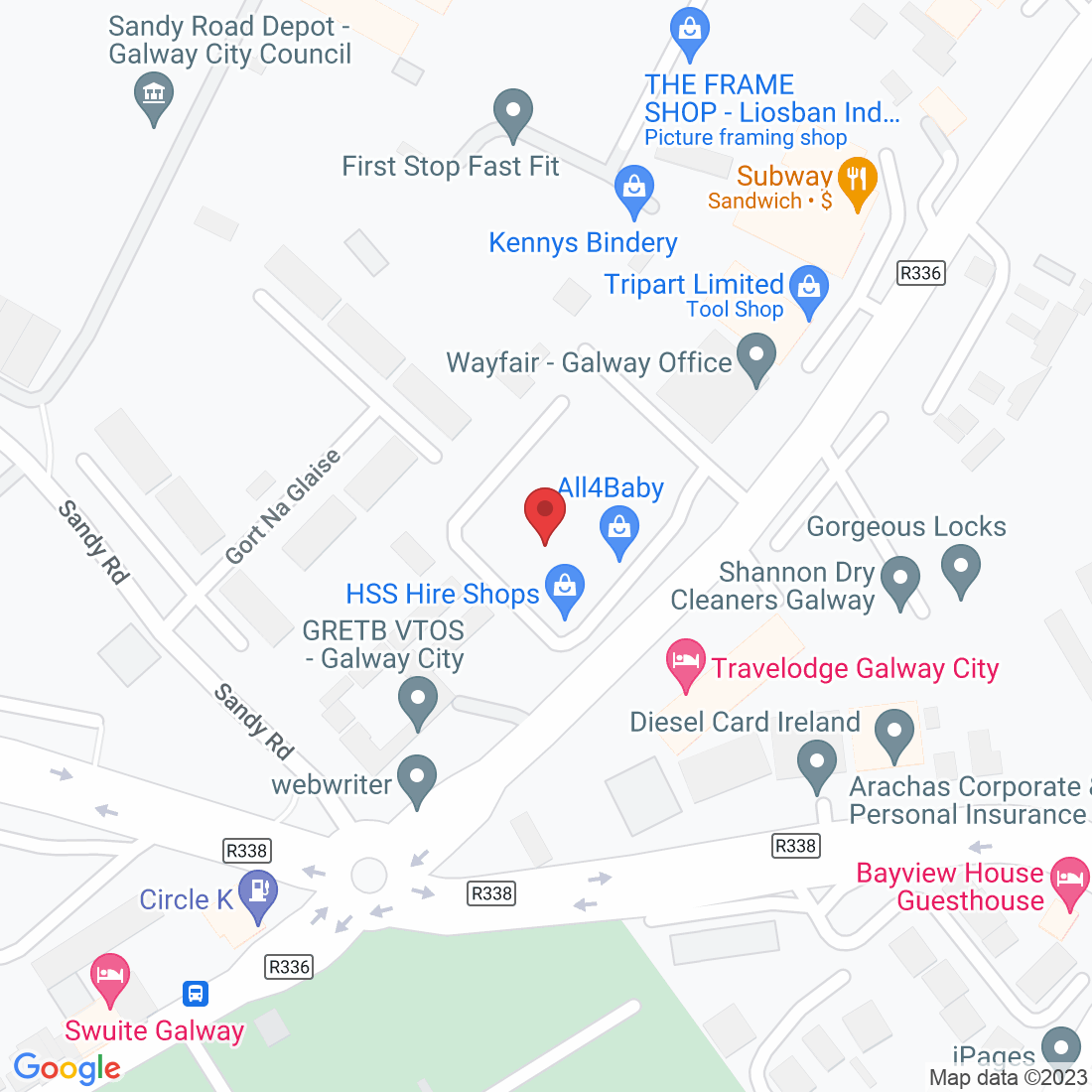
Hidden Danger of Neuropathic Ulcers: Early Signs You Shouldn’t Ignore
Neuropathic ulcers are often called the “hidden danger” of foot health for a reason—they can develop silently, without causing significant pain. For people with nerve damage, especially those with diabetes, this lack of sensation makes early detection difficult. What starts as a small issue can quickly progress into something serious, affecting mobility and overall health.
At Peak Podiatry, we know how important it is to catch neuropathic ulcers early. In this blog, we’ll explain what neuropathic ulcers are, the early signs you shouldn’t ignore, and why proactive foot care is key to preventing long-term complications.
What Are Neuropathic Ulcers?
Neuropathic ulcers are open sores that typically develop on the feet, often in areas under repeated pressure like the soles, heels, or toes. They occur primarily in individuals with peripheral neuropathy—nerve damage that reduces the ability to feel pain, pressure, or temperature.
While these ulcers are most common in people with diabetes, they can also affect individuals with other nerve-related conditions. The lack of sensation means minor injuries, like cuts or blisters, can go unnoticed and worsen over time.
Why Are Neuropathic Ulcers Dangerous?
The biggest danger with neuropathic ulcers is that they often develop silently. Because nerve damage reduces sensation, you may not feel pain or discomfort, even as a wound forms or worsens. Without intervention, ulcers can lead to:
Infections: Open wounds are prone to bacterial infections, which can spread if left untreated.
Tissue Damage: Deep ulcers can damage muscles, tendons, and even bone.
Amputations: Severe, untreated ulcers may result in the need for partial or full foot amputation.
Early detection is the key to avoiding these complications.
Early Signs of Neuropathic Ulcers You Shouldn’t Ignore
While pain may not always signal a problem, there are still signs to watch for. Here’s what to look out for:
Redness or Discoloration
Check for any redness, dark spots, or changes in skin color, particularly on pressure points like the soles of the feet.
Swelling
Persistent swelling around the toes, heels, or ball of the foot can be an early sign of inflammation or injury.
Thickened Skin or Calluses
Areas of thickened or hardened skin can indicate increased pressure and may signal the start of an ulcer underneath.
Drainage or Odor
If you notice any unusual drainage, fluid, or a foul odor, it may be a sign of an infection developing in an ulcer.
Warmth Around the Area
Warm or hot areas on your feet may indicate inflammation or infection beneath the surface.
Visible Cuts or Wounds That Don’t Heal
Any small cut, blister, or sore that isn’t healing as expected needs to be checked by a podiatrist immediately.
Who Is Most at Risk?
You are at higher risk of developing neuropathic ulcers if you:
Have diabetes or high blood sugar levels.
Experience peripheral neuropathy or reduced sensation in your feet.
Have poor circulation, which can delay healing.
Wear poorly fitting shoes that cause friction or pressure.
Have a history of foot deformities like bunions or hammertoes.
How to Prevent Neuropathic Ulcers
The good news is that neuropathic ulcers are preventable with the right care. Here are a few proactive steps you can take:
Daily Foot Inspections
Check your feet every day for cuts, redness, swelling, or unusual changes. Use a mirror if you have difficulty seeing the soles of your feet.
Wear Proper Footwear
Choose shoes with a wide toe box, good cushioning, and no tight seams to avoid friction.
Keep Your Feet Clean and Dry
Wash your feet daily, dry them thoroughly (especially between the toes), and apply a moisturizer to prevent cracks.
Trim Your Toenails Safely
Cut nails straight across to avoid ingrown toenails and injuries.
Visit a Podiatrist Regularly
Regular check-ups with a podiatrist can catch small issues before they escalate into ulcers.
How Peak Podiatry Can Help
At Peak Podiatry, we specialise in early detection, prevention, and treatment of foot conditions, including neuropathic ulcers. If you notice any signs, even small ones, it’s crucial to act quickly. Our team can:
Assess your feet for early signs of ulcers.
Provide custom orthotics to reduce pressure and improve foot support.
Treat existing wounds with specialised care to promote healing.
Offer education and guidance on ongoing foot health management.
Don’t Ignore the Early Signs—Act Now
Neuropathic ulcers may start small, but they can quickly escalate if left untreated. Paying attention to early signs and taking proactive steps can save you from serious complications.
If you’re noticing any changes in your feet or have concerns about nerve damage, don’t wait. Let Peak Podiatry help you keep your feet healthy and strong.
Book your appointment today, and let’s take care of your feet—together.
Final Thoughts
Your feet carry you through life. Don’t let hidden dangers like neuropathic ulcers slow you down. With proper care and regular check-ups, you can stay one step ahead and maintain healthy, pain-free feet.
Ask Robert And His Team
Fill in the form to request a Call From Our Team
Fill in the form to request a Call From Our Team
One of our team will call you for FREE and answer any questions or concerns you may have about your Foot Pain.
One of our team will call you for FREE and answer any questions or concerns you may have about your Foot Pain.

Where To Find Peak Podiatry Clinic
Ready to take the next step?
We are conveniently located in Tuam Rd Retail Centre, Tuam Rd, Galway
Tuam Rd, Galway
Open 8am – 6pm (Mon-Fri)
Free Parking on our doorstep
© Copyright 2022. Peak Podiatry All rights reserved.




